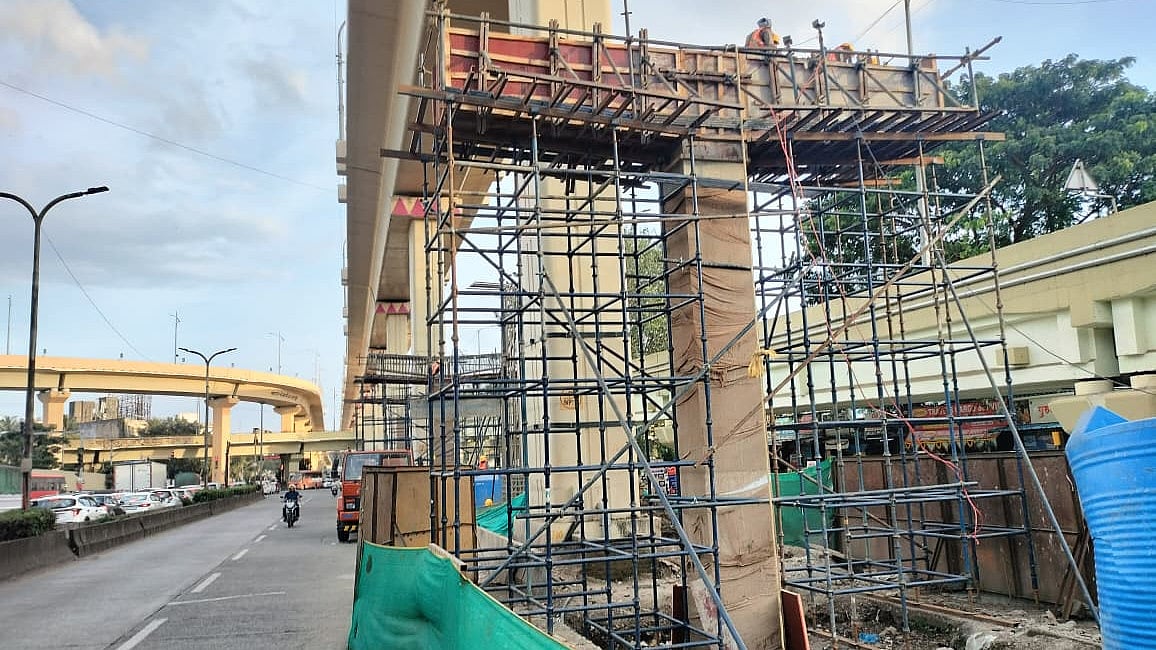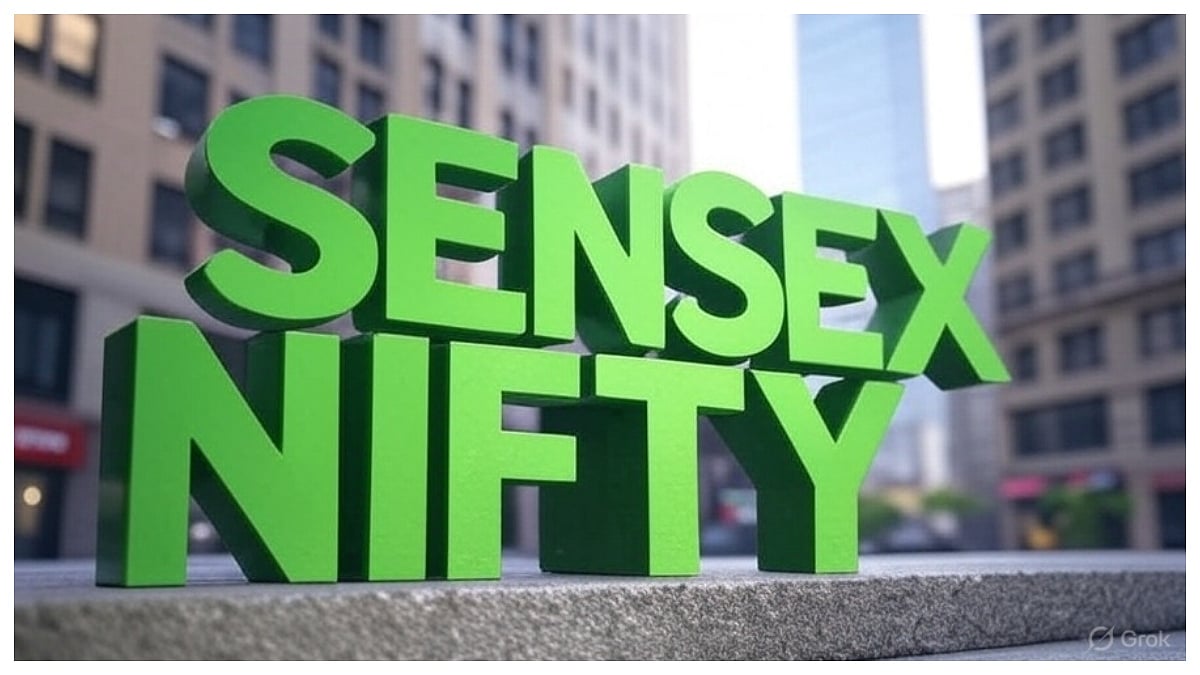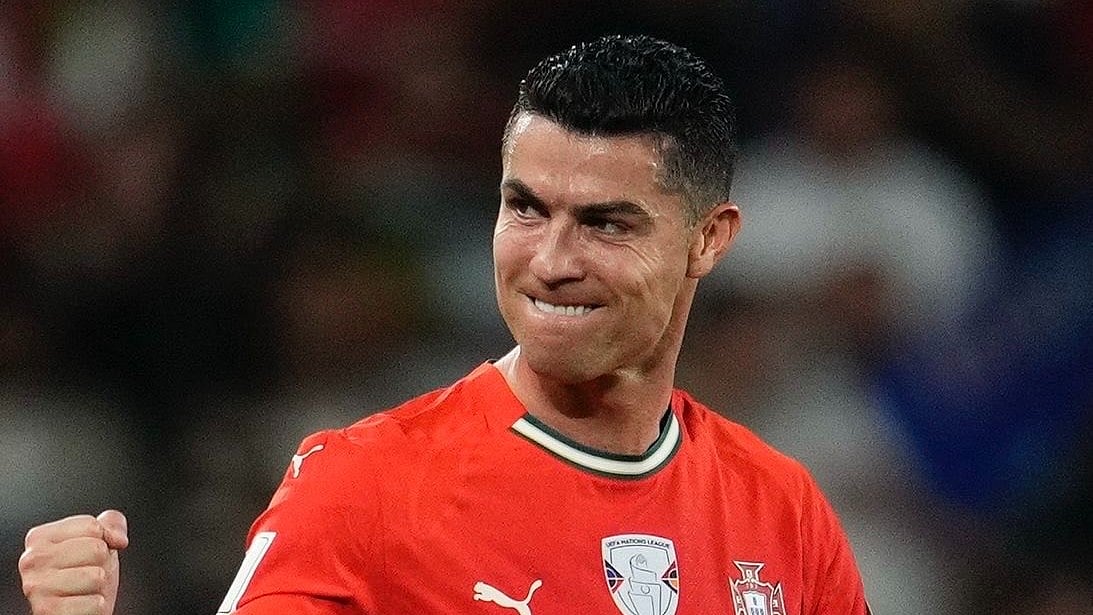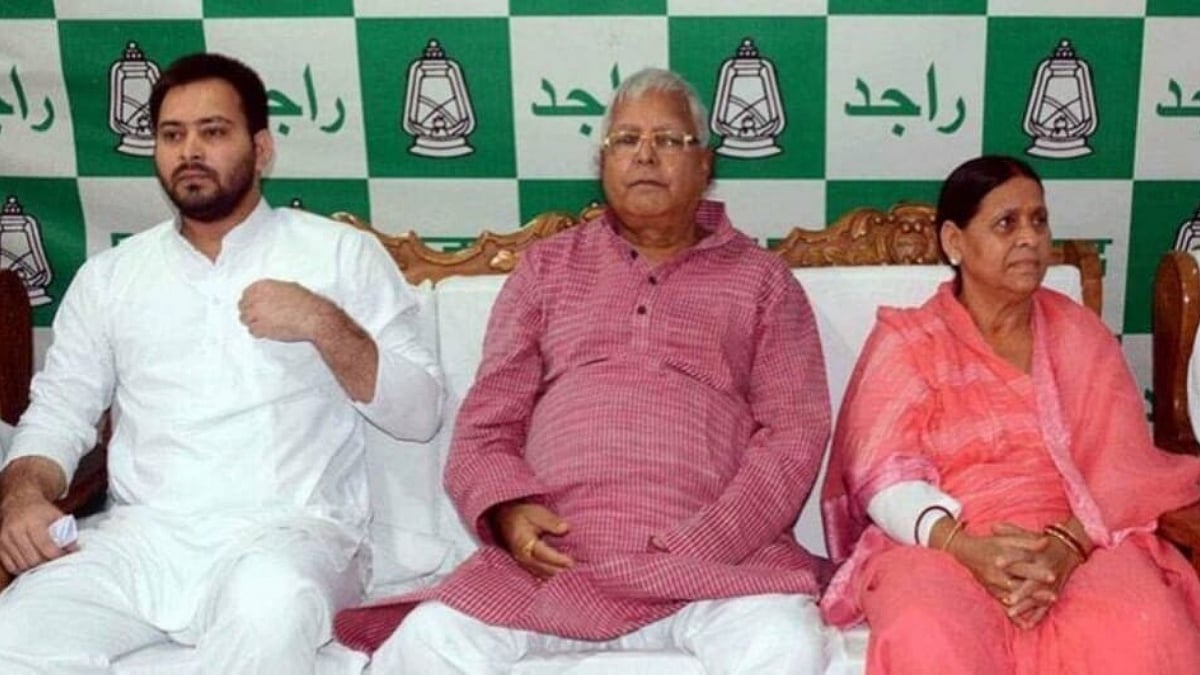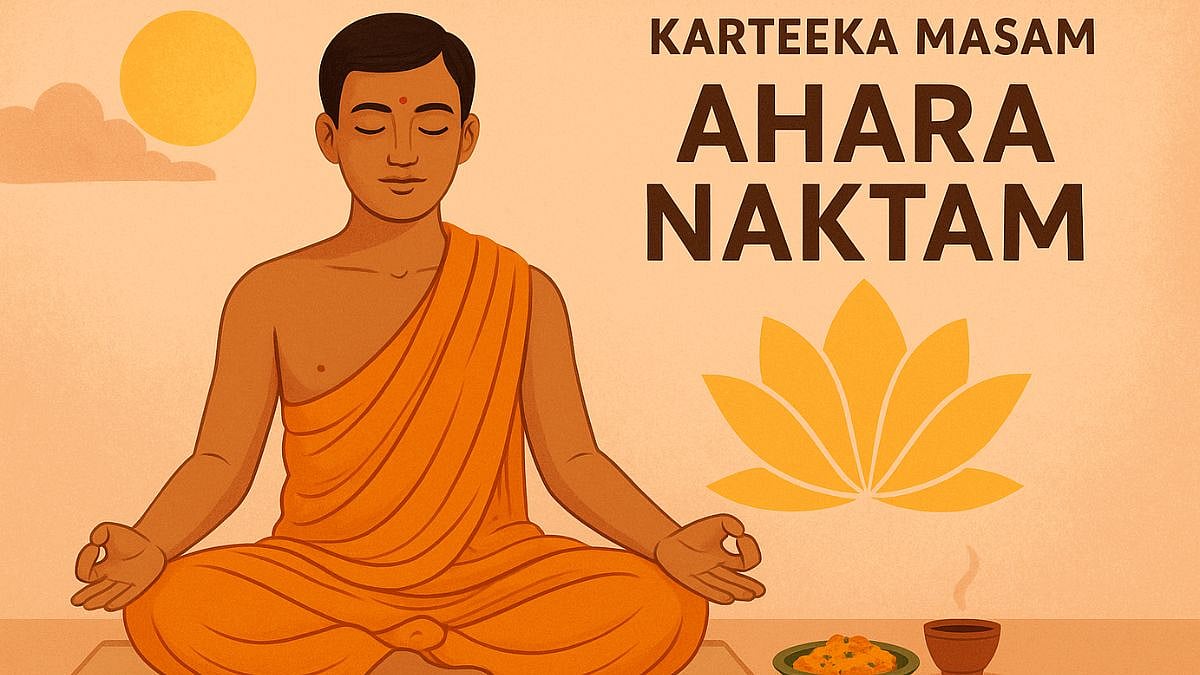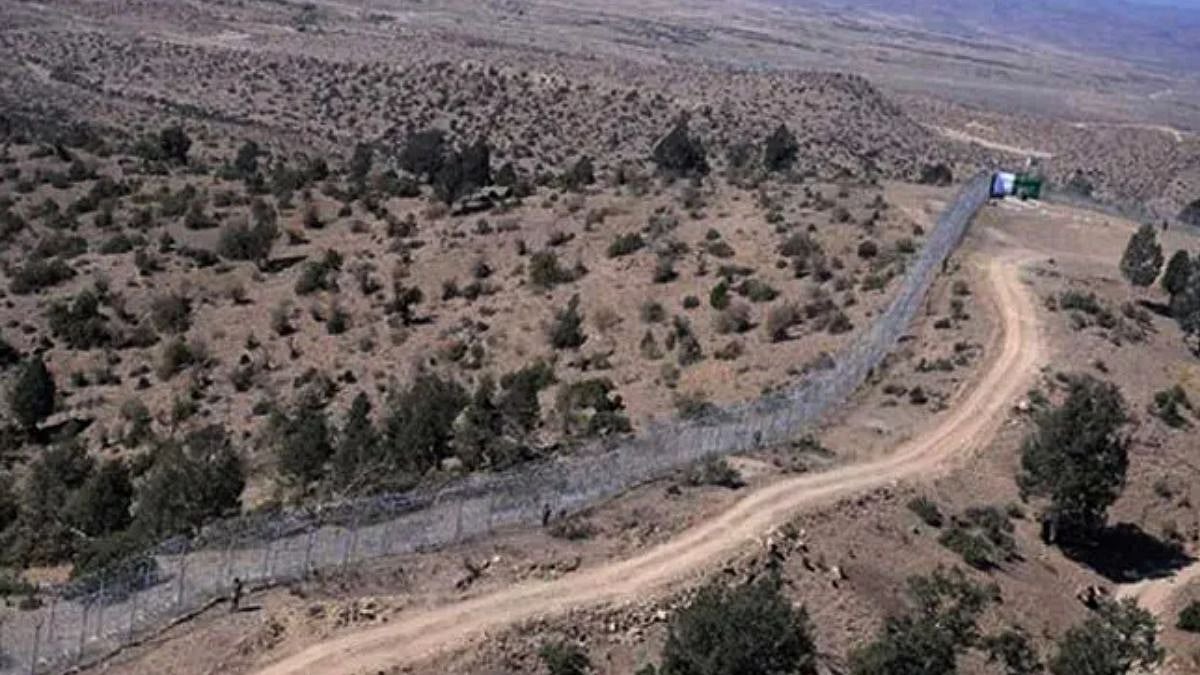Contrary to expectations, the formation of a consensus among the 26 parties of the India National Developmental Inclusive Alliance (INDIA), a new joint opposition front, is facing significant challenges. These challenges include finalizing the selection of a Prime Ministerial candidate with a stature comparable to Narendra Modi, narrowing down differences on seat sharing, and reaching an agreement on a common minimum program.
In this context, the Congress party has taken the lead in demonstrating its commitment to ensuring the success of the new front. AICC president, Malika Arjun Kharge, stated that his party is not interested in the Prime Minister's post. This move may bring comfort to regional leaders who have reservations about aligning with the Grand Old Party.
Secondly, the Congress has proven its willingness to make sacrifices based on the principle of give and take in order to oust Modi. This was evident when the party decided to oppose the Delhi ordinance bill in the Rajya Sabha, despite objections from the Delhi Congress party. Rahul Gandhi, with the consent of Kharge, overruled the objections and tamed the situation.
Thirdly, the seating arrangement during the Bengaluru meeting was strategically planned by Congress strategists. Mamata Banerjee was seated between Sonia Gandhi and Rahul Gandhi, giving the impression of "forget and forgive" to achieve a larger goal. While Mamata has always had a close relationship with Sonia Gandhi, this new gesture may bring her closer to Rahul, as they were seen exchanging views during the meeting.
Numerous challenges lie ahead for this alliance. Political observers believe that the convergence of regional leaders, opposition parties, and the Congress, each with divergent ideologies and inflated egos, is driven by a sense of scarcity and fear created by the Modi government through investigating agencies such as the ED, CBI, and Income Tax Department. Mamata was the first to exhibit flexibility during the Patna conclave, ignoring Delhi CM Kejriwal's criticism of Congress over its non-committal stand on the ordinance. Other leaders, including Uddhav Thackeray and Mehbooba Mufti, disapproved of any personal agenda that would derail the mission to oust Modi. Kejriwal himself refrained from participating in the press briefing, which led the BJP to express doubts about the unity among these leaders. However, Congress's support for Kejriwal in the Rajya Sabha to oppose the ordinance paved the way for AAP's participation in the Bangalore conclave. Mamata played a crucial role in pacifying Kejriwal and used her influence with Sonia Gandhi to secure AAP's support.
Seat sharing will be the biggest hurdle for the alliance. In the upcoming Mumbai meeting, the formation of an eleven-member coordination panel will discuss a new roadmap, which is crucial for taking the entire exercise to a logical conclusion. As a pan-India party, Congress will play a key role in making the dreams of the 26 party leaders a reality. Regional leaders, such as Mamata in West Bengal, Kejriwal in Delhi and Punjab, M.K. Stalin in Tamil Nadu, Akhilesh Yadav in Uttar Pradesh, Nitish Kumar and Tejashwi Yadav in Bihar, and Pinarayi Vijayan in Kerala, dominate their respective states and will demand a significant share in the allocation of Lok Sabha seats.
The BJP won 196 seats out of 218 in the Hindi belt in 2019, but erosion has occurred in Bihar and Congress-ruled states, making it difficult to retain such a large number of seats.
The BJP's biggest Unique Selling Point (USP) is Modi's leadership and his ability to win elections for the saffron party. However, this approach did not work in Himachal Pradesh and Karnataka. In 2024, Modi will focus on his personal appeal, highlighting his track record and seeking a chance to serve a third term. BJP leaders are confident that this will make a difference, especially as the opposition parties may not have an effective leader of comparable stature to oppose Modi.
In this complex scenario, it will be a herculean task for the 26 parties to agree on a name for the Prime Ministerial candidate who will be acceptable to all. Congress has ruled itself out of this battle, making the task easier. Analysts believe that Bihar CM Nitish Kumar, who played a crucial role in bringing regional leaders together, may emerge as a consensus candidate. Nitish, as a socialist leader, is acceptable to leaders like Mamata Banerjee, Kejriwal, Stalin, and others. Mamata, having established ties with the Gandhi family, openly expressed her acceptance of Rahul's name if consensus is achieved in the future.
Experts believe that if prominent leaders like Mamata Banerjee, Stalin, Uddhav Thackeray, Mehbooba Mufti, Omar Abdullah, and left parties join forces to exert pressure on the Congress to nominate a Prime Ministerial candidate, there is a possibility that the choice may fall on Mallikarjun Kharge, who belongs to the Dalit community. This choice could potentially be acceptable to all regional leaders. The Congress could leverage this advantageous move, considering its pan-India presence, and use it to facilitate a new strategy.
In conclusion, the prevailing mood among the leaders of the 26 opposition parties is summed up by a message tweeted by Mamata's aide and TMC Rajya Sabha member from West Bengal: "I.N.D.I.A.... Chak De India. Ebar Lodrani Hobey, Khela Hobey" (India... Let's play. This time, we will win). It is clear that achieving the ambition to rule Delhi remains a distant goal for the opposition, just as it is equally difficult for the saffron party to retain power in Delhi.
(Writer is a political analyst and senior journalist based in Shimla.)

